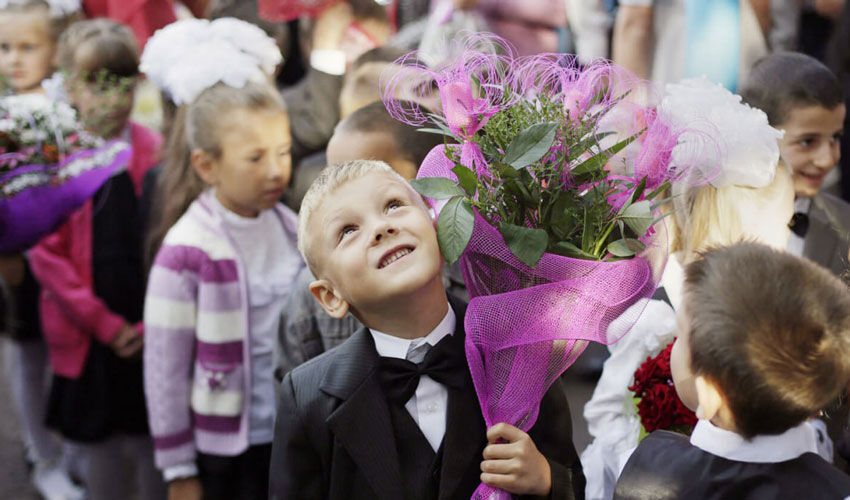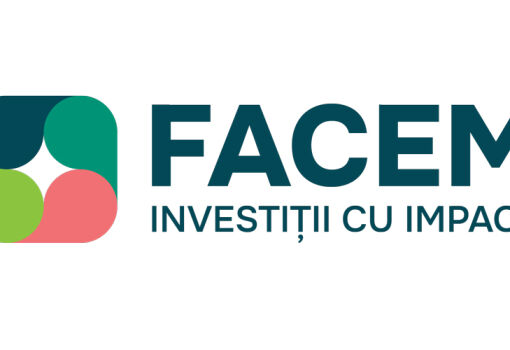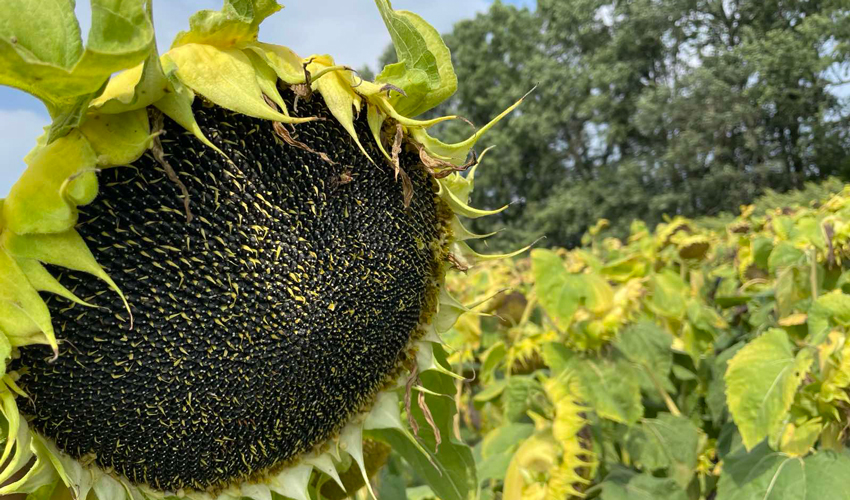
Prime Minister Dorin Recean, in his congratulatory message on the occasion of the beginning of the new school year, thanked the teachers for their labor and care for the pupils and promised that “the government will continue to be there for them and provide support”.
And the Ministry of Education and Research said that “this school year marks an important stage in the development of education in Moldova – with investments in infrastructure, modern resources for students and teachers, and new programs that emphasize inclusion, quality and the building of skills needed in today’s world”.
For the first time, 30,765 children crossed the school threshold.
There are a total of 1183 primary and general secondary education institutions in Moldova. From 2018/2019 to 2024/2025 school years, their number decreased by 63 units. At the same time, the number of students increased from 334.2 thousand to 335.1 thousand.
Almost every fourth teacher works for more than 1.25 rates. Especially heavy workload is observed in the capital’s educational institutions and in other large cities. Because of overcrowded classes teachers often “professionally burn out”. But the paradox is that in numerous classes the results of academic performance are higher.
“It is precisely where there are fewer children that results are weaker than where there are more. In larger classes, there is more competition and therefore better performance. Secondly, small schools don’t have as many opportunities for development as large schools, where there are digital labs, modern classrooms, interactive lessons – even if the classes are overcrowded. All of this is practically unheard of in rural areas,” said Marcelina Baleka, Head of Department at the Ministry of Education and Research.
Today, there is a shortage of about 1,500 teachers in gymnasiums and lyceums. Teachers of math and physics are most lacking. To attract teachers to the system, a number of benefits are provided to young specialists. They can receive a lump-sum allowance of up to 200,000 lei, a 25% reduction of teaching load in the first five years of work, as well as an annual support of 4,000 lei for the purchase of materials and teaching equipment. In addition, teachers in rural areas and district centers in the first 5 years of activity are granted compensation for rent expenses in the amount of 1,000 lei monthly, for heat and electricity expenses in the amount of 3,000 lei annually, as well as up to 62 calendar days of annual leave.
They also receive assistance during the first 5 years of work from a mentor – a more experienced teacher, who helps them to “overcome the fears” of the profession. After all, young professionals often feel that they are being bullied: experienced teachers notice certain shortcomings in them and give recommendations, and they perceive it painfully. Or if in some situation their decision was not taken into account, they also perceive it as an offense. Therefore, it is the leader who should “set the tone and unite the team”. And school psychologists are responsible not only for supporting students, but also for psycho-emotional support of teachers.
“We call on the whole society to respect educators. When we talk about respect for the teacher, we really want that his dignity is not infringed, that there are not those very public “lynchings”. After all, it is very difficult to restore the image and status of a teacher, unlike in the past, when this profession was highly respected. We are not talking about an outward show of respect – flowers or other gestures (which we condemn), but about real respect,” shared Marcelina Baleka.
Speaking of flowers. Every year on August 31 and September 1, the State Tax Service conducts inspections of flower vendors. This year, too. “Actions are carried out in conditions of growing demand for fresh flowers and floral arrangements in connection with the beginning of the new school year. The aim is to prevent illegal trade without the use of cash register and control equipment. “The action is preventive and educational in nature, while fiscal control will not be carried out and sanctions will not be applied,” notes the tax office.
This school year, four vacation periods are planned for schoolchildren: Fall break: October 27 – November 2, 2025; winter break: December 25, 2025 – January 8, 2026; spring break: March 5 – 8, 2026; Easter break: April 11 – 20, 2026.













